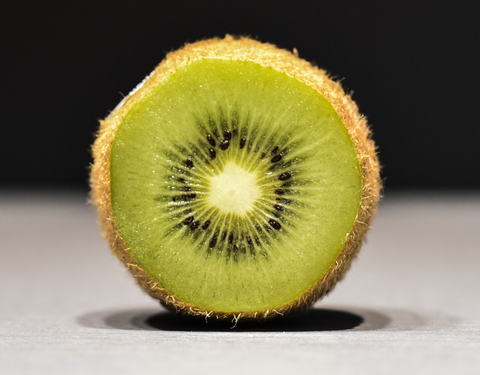There are a myriad of supplements and medications available on the market that claim to solve the widespread problem of sleeplessness, but you don’t necessarily need to reach for a pill bottle to find relief. There are plenty of sleep-supporting chemicals present in everyday foods, and incorporating these foods into your diet could give you the extra help you need to fall asleep easily.
Some of these chemicals include:
- Calcium
- Potassium
- Melatonin
- Folate
- Zinc

While a glass of warm milk before bed has become a bit of a cliché, there actually may be science to support the practice. Like other foods on this list, milk contains melatonin and calcium, as well as tryptophan, the same chemical found in Thanksgiving turkeys. There’s likely a psychological aspect at play too; a warm drink tends to make one feel cozy and relaxed.

Certain nuts, especially almonds and walnuts, contain magnesium, potassium, folate, and calcium in abundance. They are also a good source of melatonin, a naturally occurring chemical in the human brain which tells the body that it’s time for sleep.

Kiwi (the fruit, not the bird) is another great source of sleep-friendly nutrients; melatonin, potassium, and calcium specifically, all of which are known to promote sleep. There is also some good evidence that eating kiwi before bed improves the quality of sleep, as well as the ease with which one can fall asleep.

Cherries are plentiful in melatonin, tryptophan, potassium, and serotonin. They also have antioxidant qualities, which can be helpful for general health.

The omega-3 fatty acids found in fatty fish like salmon can help to regulate serotonin levels in the brain. This has a direct effect on your body’s internal clock and helps to stabilize your sleep cycles.
In addition to these foods, you’ll find that incorporating a regular exercise schedule into your life and staying well-hydrated will do wonders for your quality of sleep, and for your general sense of well-being.
–Nick Migliaccio
*This content is not intended to be a substitute for professional medical advice, diagnosis, or treatment. Always seek the advice of your physician or other qualified health provider with any questions you may have regarding a medical condition.

